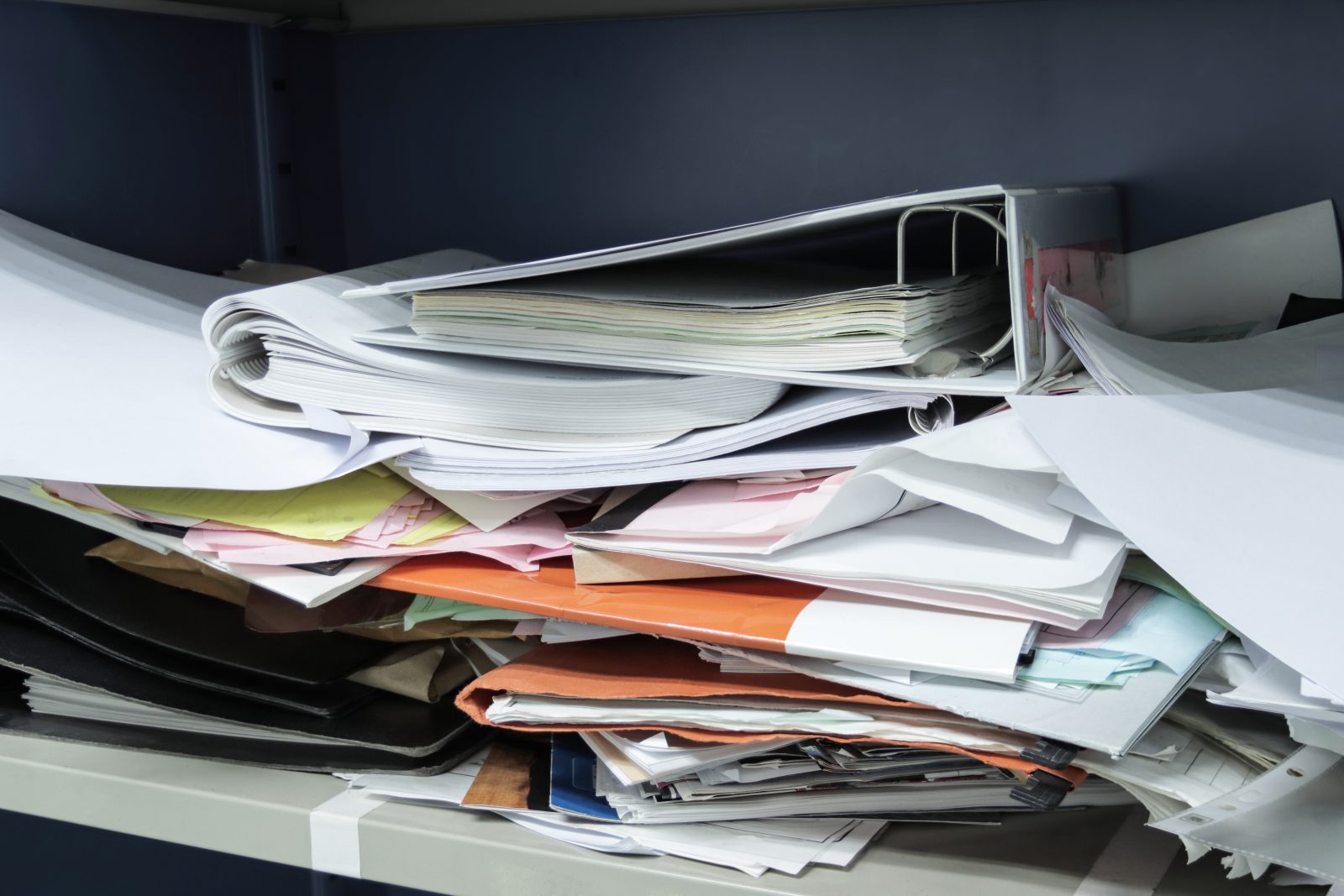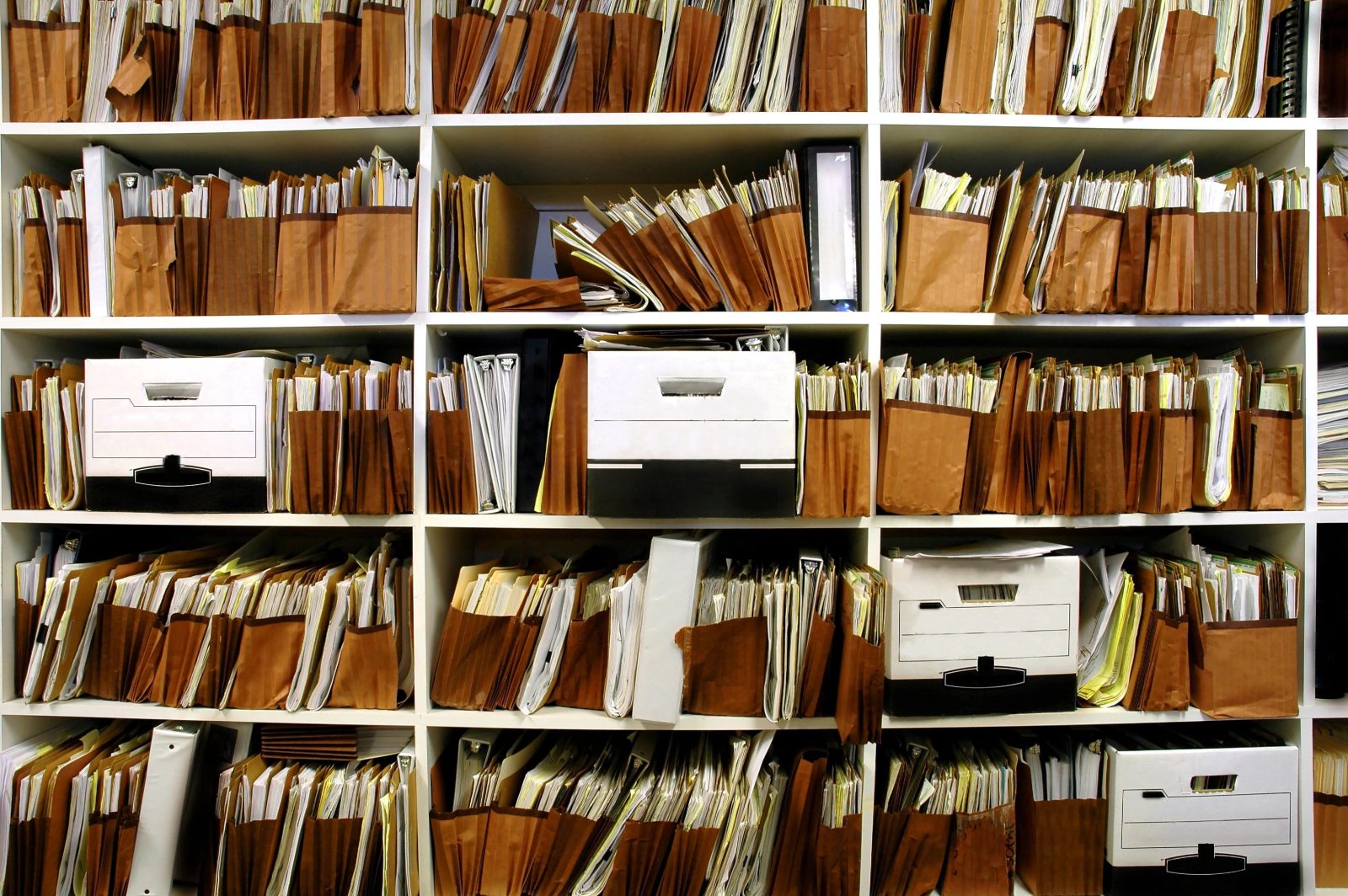In our increasingly digital world, the security of sensitive information has never been more critical. Document shredding has become an essential practice for both individuals and businesses, ensuring that confidential materials are disposed of safely. However, several misconceptions about shredding continue to persist, leading to misunderstandings about its effectiveness and necessity. In this article, we aim to debunk five prevalent myths surrounding document shredding, shedding light on the importance of this vital practice.
Myth 1: Shredding is Only for Large Corporations
One of the most widespread misconceptions is that document shredding is only relevant for large corporations with vast quantities of sensitive data. In reality, organizations of all sizes, including small businesses and individual households, can greatly benefit from regular shredding. Many small businesses deal with sensitive client information, financial records, and other confidential documents that could be exploited if not handled properly. By implementing a shredding policy, these smaller entities can effectively protect sensitive information and reduce the risk of data breaches, demonstrating that shredding is a scalable and crucial solution, regardless of an organization’s size.
Myth 2: Shredding is an Outdated Practice
With the rise of digital technology, some may believe that traditional document shredding has become obsolete. Contrary to this belief, physical documents still play a vital role in the operations of many organizations. Contracts, financial statements, medical records, and personal information continue to exist in hard copy form. Disposing of these documents securely is essential for preventing identity theft and unauthorized access to sensitive data. Shredding not only safeguards against these risks but also complements digital security measures, creating a holistic approach to data protection that addresses both physical and electronic vulnerabilities.
Myth 3: Shredding is Only Necessary for Certain Industries
Another misconception is that document shredding is primarily a concern for specific industries, such as finance or healthcare, which face stringent regulatory requirements. While it is true that certain sectors have more rigorous compliance mandates, all industries handle sensitive information that can be misused if not disposed of properly. Personal data such as social security numbers, financial information, and addresses are valuable to identity thieves regardless of the industry. Therefore, document shredding is a necessary practice across all sectors, helping to protect against data breaches and identity theft.
Myth 4: Shredding is Too Time-Consuming and Inconvenient
Many individuals and businesses avoid shredding due to the perception that it is a lengthy and cumbersome process. However, advancements in shredding technology have made the process quicker and more efficient than ever before. Outsourcing your shredding services to SecureShred will allow your businesses to focus on their core activities while ensuring secure and compliant disposal of their documents. This not only saves time but also enhances overall productivity.
Myth 5: Shredded Documents Can’t Be Recycled
A prevalent myth is that shredded documents end up in landfills, contributing to environmental damage. In reality, reputable shredding services prioritize eco-friendly practices. Once documents are shredded into small particles, the resulting material is often sent to recycling facilities, where it is pulped and transformed into new paper products. This responsible approach to document disposal supports sustainable business practices and aligns with a growing commitment to environmental stewardship. Companies can rest assured that their document shredding efforts contribute positively to the planet.
Conclusion
Incorporating document shredding into regular business and personal practices is vital for protecting sensitive information, avoiding legal complications, and supporting both information security and environmental sustainability. By debunking these myths, individuals and organizations can better appreciate the significance of document shredding and implement effective strategies for safeguarding their valuable information. Embracing a proactive approach to shredding not only secures sensitive data but also promotes a culture of responsibility and care for the environment.







